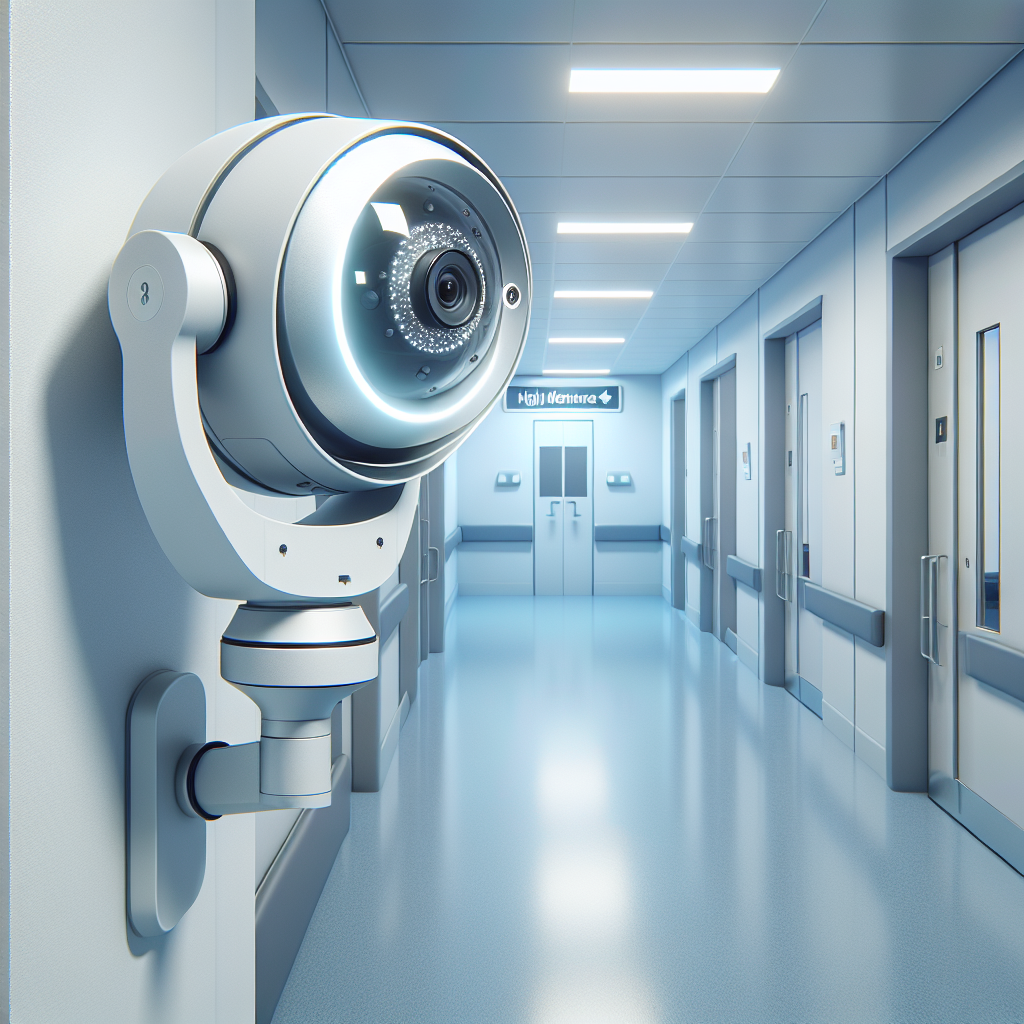Listen to this post: NHS Surveillance Cameras: Safety Breakthrough or Privacy Risk?
Analysis
AI and Surveillance in Mental Health: A New Frontier
Artificial Intelligence is rapidly transforming how public services operate, and this NHS initiative is only the latest chapter. Driven by a convergence of rising incidents in mental health units and persistent staff shortages, the implementation of smart cameras seems logical. Many industry experts agree that when used appropriately, AI can significantly augment current healthcare infrastructure.
Potential Benefits Illuminated
- Real-time monitoring can allow for faster responses to patient crises.
- Data gathered from video analytics may help in identifying patterns that can inform future care plans.
- It may lead to lower rates of self-harm, suicide, and violent outbreaks within monitored units.
The introduction of AI cameras could be one of the most important changes in mental health care monitoring in decades.
Dr. Eleanor Smith, Digital Psychiatry Researcher at King’s College London
Privacy Concerns Hold Weight
That said, oversight is critical. Patients in mental health units are among the most vulnerable populations. They should not feel like they’re under interrogation or constant suspicion. There’s a thin line between protection and intrusion. Without strict data protocols and patient consent models, the rollout could do more harm than good.
Key areas requiring scrutiny include:
- Transparency on how long footage is stored and what protocols exist for deletion.
- Who can access the live and stored footage—are third-party tech firms involved?
- Clear communication with patients and families regarding the presence and purpose of cameras.
Industry Trends and What Lies Ahead
The NHS is not alone in embracing this trend. Hospitals in the U.S., Germany, and Japan have begun integrating similar systems, pointing to a potential global shift in healthcare surveillance norms. With technology partners increasingly offering “ethical AI training modules,” the hope is that machine learning models will evolve to respect boundaries as much as they monitor behavior.
As regulatory frameworks develop and stakeholders collaborate—patients, clinicians, technologists, and ethicists—this could emerge as a model for ethical AI integration in healthcare. Until then, thorough oversight, patient advocacy, and transparency will be essential checks on this powerful tool.
Sources
Disclaimer
Please note: The featured image in this post was AI-generated. Additionally, this article was written with the assistance of AI to help curate, edit, and format content for clarity and depth.













